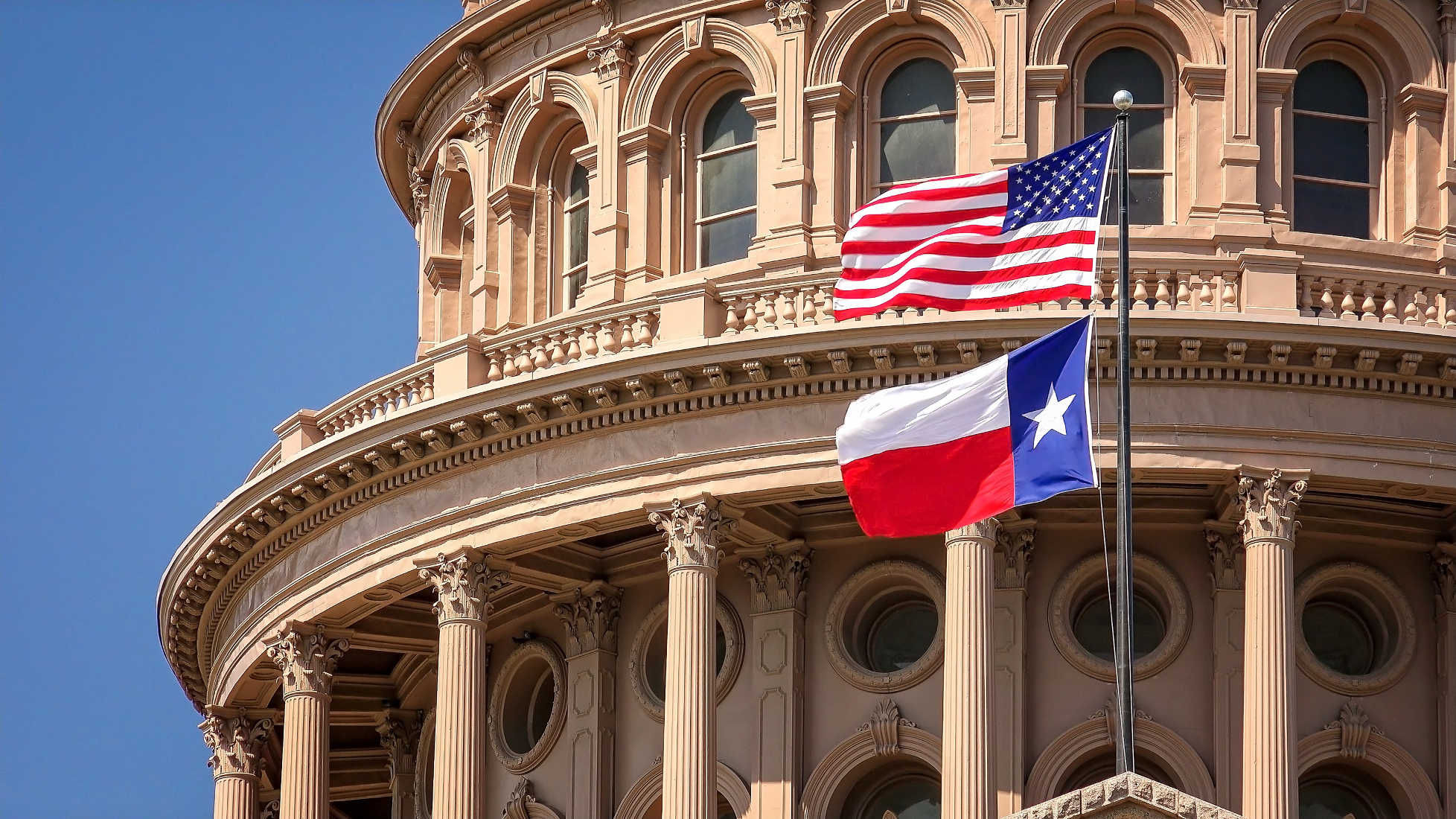By: Enid Burns
A new Texas law that went in effect September 1 has many in the opposition bracing for increased violence, but is the concern warranted?
Earlier this year, Texas lawmakers passed a Constitutional Carry bill that allows law-abiding citizens over the age of 21 to concealed carry or open carry handguns throughout the state – except where businesses or authorities ban the practice – without a permit.
“You could say that I signed into law today some laws that protect gun rights,” Gov. Greg Abbott said at the June bill signing. “But today I signed documents that instilled freedom in the Lone Star State.”
For and Against
The debate in Texas highlighted the state’s growing purpling of its political spectrum.
“Best case scenario, the police are minutes away. But you need protection right then and there if you’re in danger. So, it’s going to make us safe,” said Bethany Young, the legislative director for Texas Gun Rights, according to a report from ABCNews.
The lobbying group is credited for pushing the law into place.
Yet, as Texas has become the largest state to enact such a law, there are some who allege, without evidence to back it up, that the new law will cause more violence and crime.
License to Carry in Texas
Prior to September 1, the Lone Star State required gun owners to obtain a License to Carry (LTC). The law also required classroom training and a range qualification. Once obtained, the LTC allowed gun owners to carry handguns openly or concealed. With the new law, the LTC is optional, however, many shops say that new gun owners are still opting for training. Many gun owners in the 26 other states with Constitutional Carry laws have opted to undergo training with certified instructors, which is required in some other states to carry a concealed weapon.
What Texas and these other states find is that the high cost to obtain a permit is no longer an issue. The relief of the permit fees can help those in lower income brackets afford guns, as well as not committing time away from work and family to take certification classes.
This new Constitutional Carry law still has prohibitions on where handguns are allowed. Businesses can prohibit both the unlicensed and licensed carry of handguns. Additionally, it is still necessary to possess an LTC to carry a handgun on a college campus.
History of Constitutional Carry
Twenty-seven states practice some form of Constitutional Carry. Texas joined recent newcomer states: Utah, Montana, Iowa, Tennessee, Oklahoma, South Dakota, and Kentucky in enacting similar Constitutional Carry laws in the past two years.
Vermont was the original Constitutional Carry state, as the New England state never restricted the ability to carry a handgun, and therefore the status is sometimes referred to as “Vermont Carry.” The Vermont State Supreme Court even determined the state’s constitution didn’t allow for any restrictions to be placed on residents, including a licensing scheme. As a result, Vermont has been described as being a Constitutional Carry state since even before the United States existed.
Enid Burns is a freelance writer based in Michigan. She covers a wide range of topics from antique relics from around to the world to the latest bleeding edge technology, too. Her exposure to military history and firearms comes from her husband, fellow freelance writer Peter Suciu, and together they have traveled the world visiting around 20 countries on five continents. Together they have built a collection of helmets, uniforms, and small arms representative of armed forces and conflicts that span the globe. She and her husband continue to travel to military collectibles and antique arms shows around the country to find more treasure, and to discover more topics to research and to write about.

